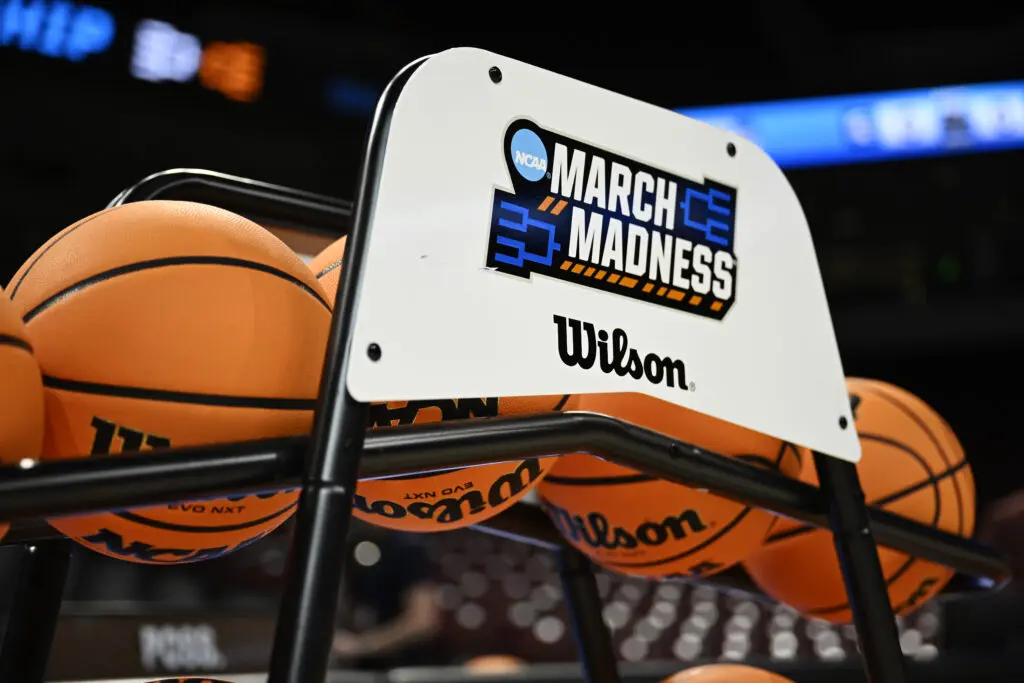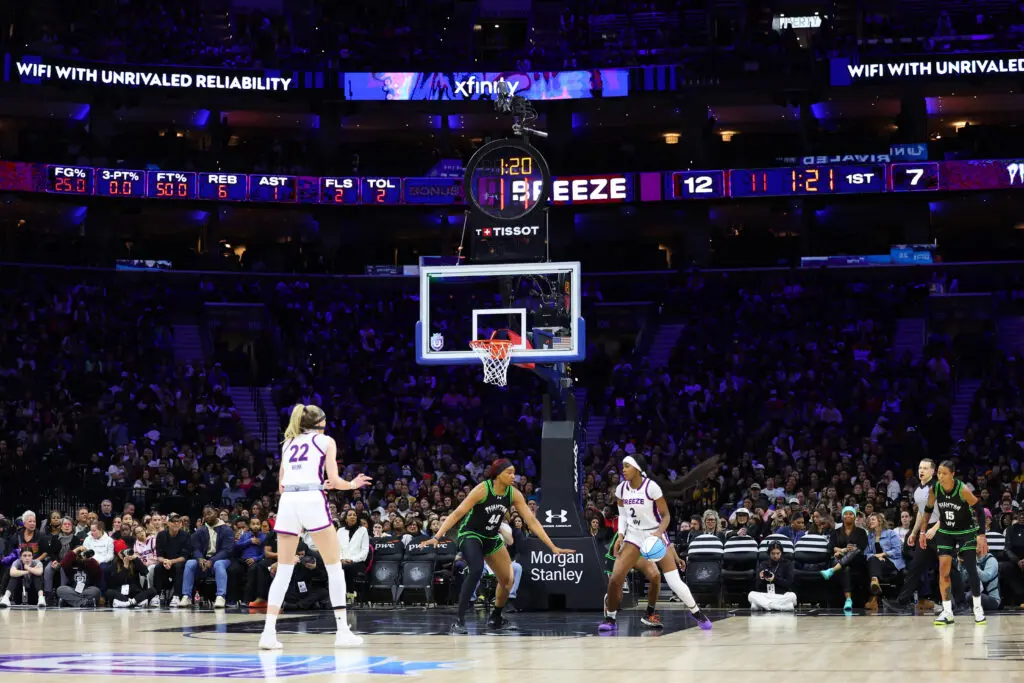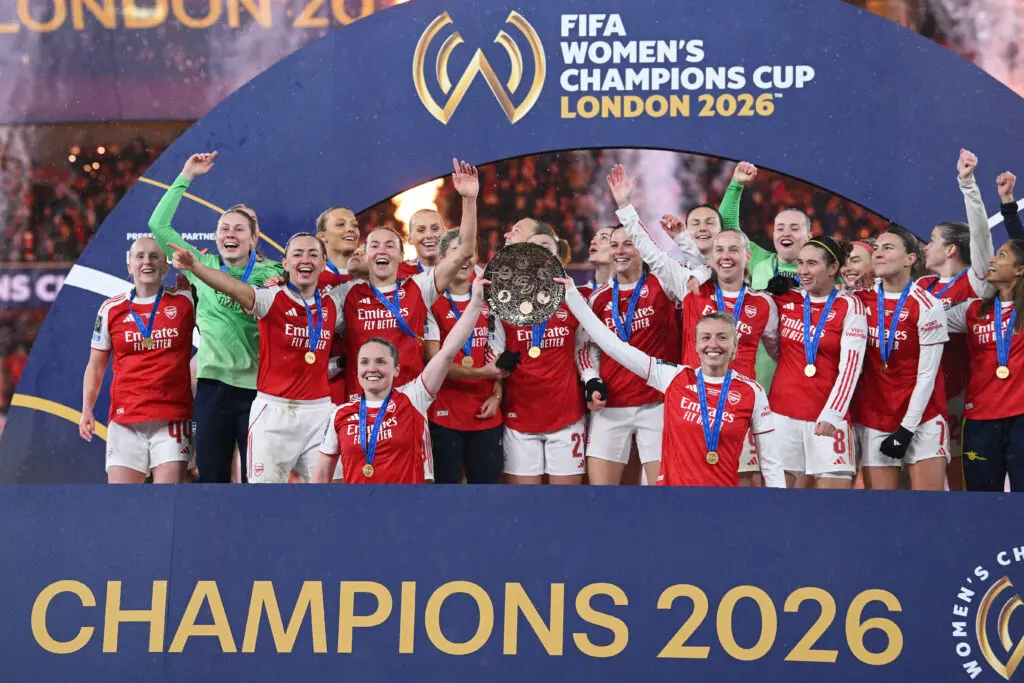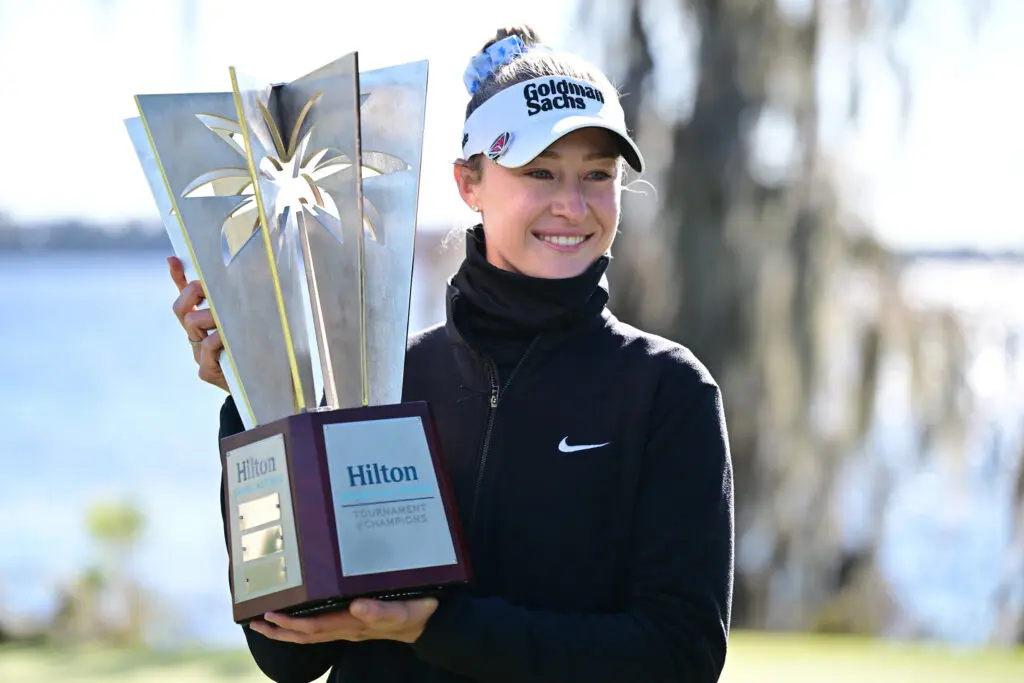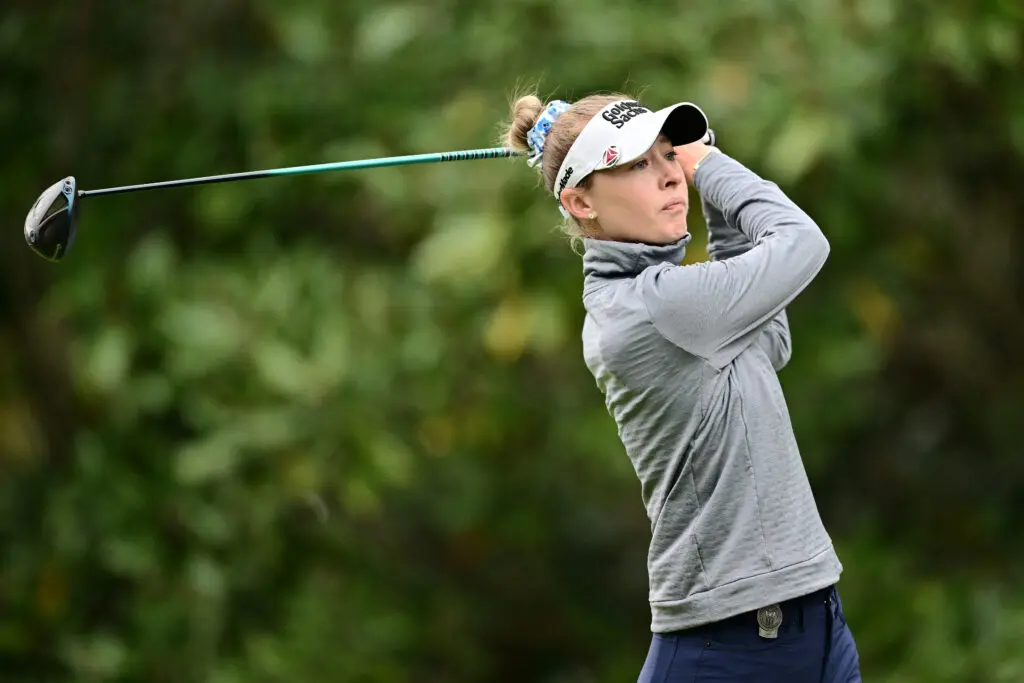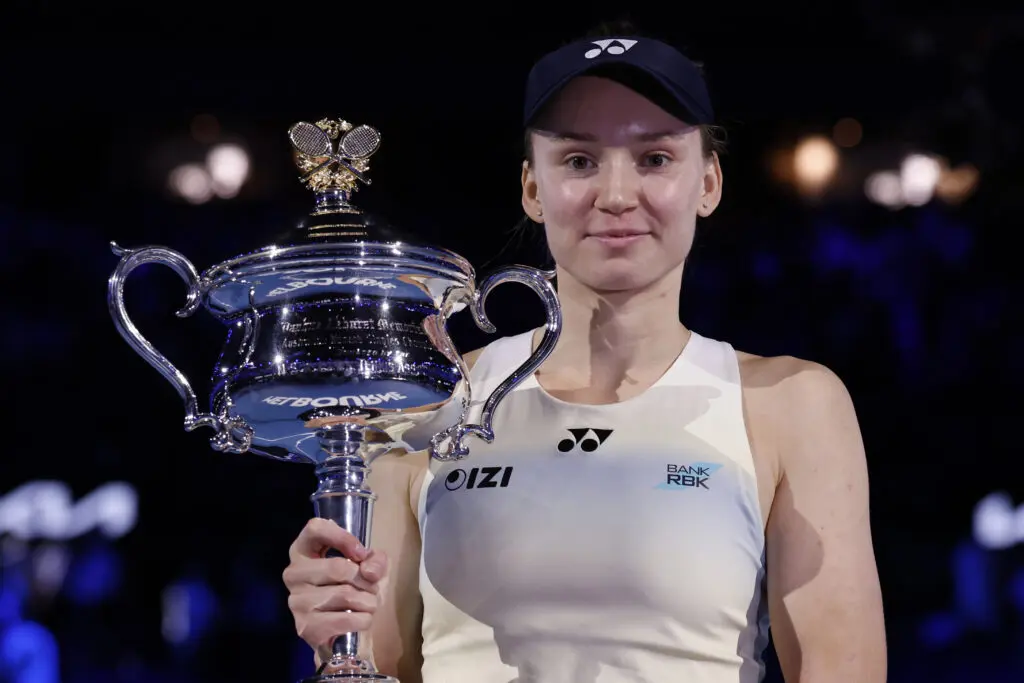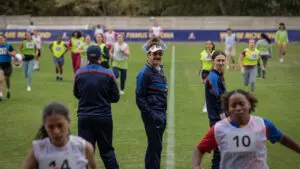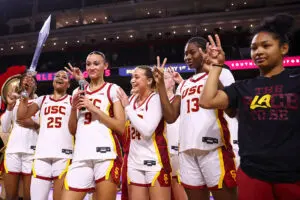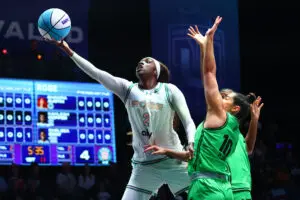The NCAA unanimously approved implementing a women's March Madness revenue-sharing plan on Wednesday, aligning the women's side with the compensation program the men’s edition has enjoyed since 1991.
"This is a historic day for women's sports, women's basketball, and the NCAA," said NCAA president Charlie Baker in the college sports governing body's statement. "Today's vote means our members have the opportunity to do even more on campus to promote and support female athletes. I can't wait to see all the incredible things they do."
Sparked by 2021's landmark NCAA gender equity review, the decision ultimately actualized after years of pressure from administrators and coaches.
"The long-awaited, hard fought for, and well-earned day is here," said UNC coach and Women's Basketball Coaches Association president Courtney Banghart. "I am so grateful for the effort of so many to bring this reality to our sport."
Deep March Madness runs earn more revenue
Beginning this year, each team competing in the Division I tournament will now receive performance-based units of revenue, with deeper runs earning more units.
With plans to grow the prize pool to $25 million by 2028, this year's inaugural $15 million purse represents 26% of the competition's $65 million media rights valuation — putting it proportionally on par with the percentage allocated to the men's fund.
Distributions will begin in 2026 and, like the men’s program, they will be paid directly to conferences, whose member schools will collectively decide how to best invest the unrestricted funds.
For the 2025 edition, a unit will reportedly be worth $113,636. According to ESPN's calculations, a Final Four team could amass approximately $1.26 million for its conference over the next three years.
With conferences and schools set for an influx of funds should their teams flourish at the national tournament, the revenue plan becomes a significant incentive for institutions to further invest in women's basketball.
Ultimately, the NCAA's move not only addresses the sport's equity disparity, it could also bolster the annual tournament's level of competition.
